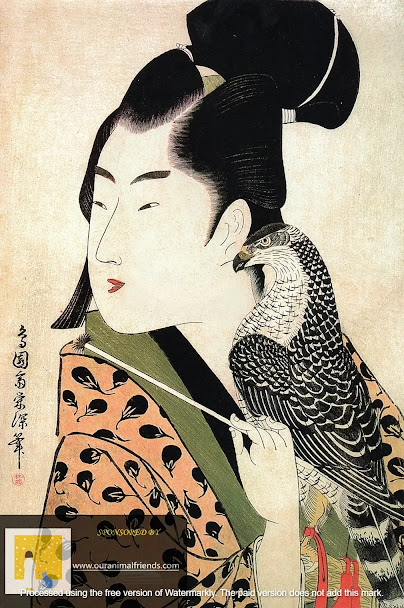Not every visitor to the rose garden is friendly. Aphids, which are tiny insects that feed on plant sap, descend upon roses with voracious appetites, posing a threat to every delicate petal. Thrips leave behind silver scars by puncturing the surface of the roses, while spider mites create intricate webs that entrap unsuspecting buds.
Nevertheless, not all insects spell trouble for roses; some prove to be beneficial.
Insects beneficial for the Roses
A thriving rose garden usually owes its beauty to tender care. While roses are undoubtedly stunning, they aren't immune to pests and diseases. Instead of resorting to chemicals or synthetic pesticides, numerous gardeners are embracing natural defenders.
 |
| The rose is the national flower of several countries, including the United States, England, and Iran |
Beneficial insects are like the secret heroes of the garden, keeping pests at bay and maintaining nature's delicate harmony. Here, we highlight four of the most essential among them.Ladybugs (Ladybirds):
 |
| Ladybugs are highly valued in agriculture because they naturally eat pests like aphids. One ladybug can eat up to 5,000 aphids in its lifetime. |
Ladybugs are the most important of all beneficial insects, and for good reason. They are voracious predators of aphids, one of the most common pests that plague rose bushes. A single ladybug can consume dozens of aphids in a day. Encouraging the populations of ladybugs in your rose garden can help keep aphid numbers in check and prevent damage to your precious flowers.
Lacewings:
 |
| Adult lacewings primarily feed on nectar, pollen, and honeydew. This diet helps them live longer and aids in pollination |
Lacewings are delicate insects with intricately patterned wings similar to embroidered lace, but don’t let their appearance fool you—they are fierce enemies of aphids, mites, and other pests. Lacewing larvae, often referred to as “aphid lions,” have a voracious appetite and can consume large numbers of pests. By attracting lacewings to your rose garden, you can harness their appetite to help protect your roses from infestations.
Hoverflies:
 |
| Like many other insects, hoverflies are attracted to light and may be seen hovering around light sources in the evening |
Hoverflies are valuable pollinators as well as effective predators of aphids and other small pests. Agile hoverflies hover around flowers, feeding on nectar, while also laying their eggs near aphid colonies. The larvae that hatch from these eggs are voracious eaters of aphids. By planting a diverse array of flowering plants to attract hoverflies, you can encourage this beneficial insect to take up residence in your garden and help keep pest numbers in check.
Predatory Wasps:
 |
| Predatory wasps hunt and feed on other insects, making them valuable natural pest controllers |
While the thought of wasps may conjure images of stings and aggression, not all wasps are created the same way. Many species of predatory wasps are highly beneficial in the garden, using aphids and other pests as food for their developing larvae. These wasps are often small and ordinary looking, making them easy to overlook, but their impact on pest populations can be significant. By providing habitat for predatory wasps, such as flowering plants, you can encourage these beneficial predatory wasps to take up residence in your rose garden.
How to attract beneficial insects?
Creating a welcoming environment for beneficial insects in your rose garden requires thoughtful planning and consideration. Avoiding the use of synthetic pesticides and chemical fertilizers is essential, as these can harm beneficial insect. Instead, focus on creating a diverse and resilient garden ecosystem that provides food, shelter, and habitat for beneficial insects to thrive.
 |
| Spending time in a rose garden have therapeutic benefits for mental and emotional well-being. The sight and scent of roses are known to reduce stress, promote relaxation, and uplift the spirit |
Consider planting flowers like marigolds, daisies, and yarrow to attract helpful insects to your garden. Planting many flowering plants that bloom throughout the growing season will help attract and support beneficial insects, providing them with the nectar, pollen, and shelter they need to thrive.
By working in harmony with nature rather than against it, you can cultivate an garden that is not only beautiful and bountiful but also in balance with the natural world.
The garden full of roses, that stands strong, kissed by the sun and guarded by nature's allies.








Comments
Post a Comment